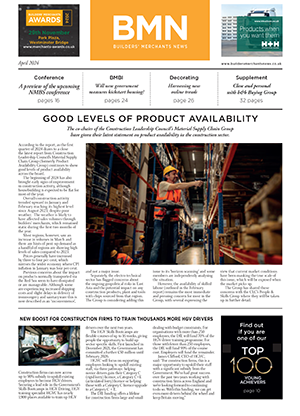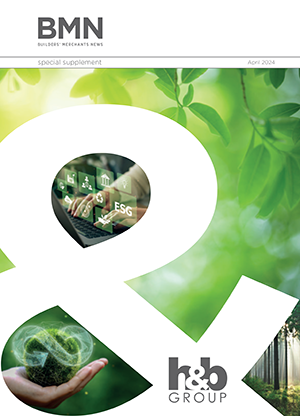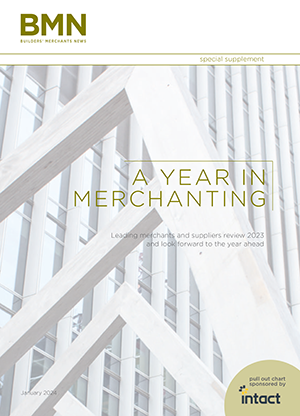It’s important not to underestimate the need for durable, reliable labelling within building and construction environments.
Labels and tags need to be weather resistant, rip-proof and robust enough to perform in rough and dirty conditions. Vital information such as material codes, product types and handling procedures need to remain visible at every stage in the supply chain.
There are a range of highly durable labels and tags designed specifically with industrial strength in mind. It’s important to work with labels that ensure information stays with your product, from the production plant to the point of delivery, whether that’s a construction project, or the racking of a DIY store.
Today, UK construction contributes over £100bn and accounts for 6.5% of the global construction sector. There are around 2m people employed in the industry. Despite a recent contraction of 0.7% in Q2, according to the Office of National Statistics, the UK construction sector is still regarded as robust.
With so many items and products being used in construction projects throughout the world today, product traceability is paramount, especially as it can be a contract requirement.
Since 1 July, 2013, manufacturers of construction products have been required to provide a declaration of performance and CE mark for products marketed and used within the EU. Achieving the necessary compliance requires production sites to be audited on an annual basis, by an independent body, to ensure the site and operations meet the required standards. After completing a successful audit, the site is awarded a unique reference number to support product traceability.
It goes without saying that labels within construction need to be easy to identify and informative. But equally as important, is the label’s need to withstand harsh conditions.
A popular label in the construction sector is the rip-proof tag and, as the name suggests, these tags are virtually indestructible. Rip-proof tags have a rubberised texture, which springs back to its original form after creasing and crushing, to maintain data readability.
Pioneered by IML in the early 1990’s, they are manufactured from extremely robust woven polyester with a smooth coating on one side, to allow thermal transfer overprinting with variable information and barcodes. They are available in a wide range of colours and are ideally suited to rough handling in the hostile, dirty conditions associated with the construction industry. The tags also allow users the flexibility to add variable batch data at source, to guarantee full product traceability. Rip-proof tags are also able to withstand temperatures from -40°c up to 220°c without deterioration.
These durable tags, for use on a wide range of construction products, can withstand rough handling, mechanical stress, dirty conditions and prolonged outdoor exposure.
They are commonly used in heavy engineering and construction environments, due to their extreme strength and durability. Rip-proof tags can also be stitched into other woven textiles such as slings, tarpaulins and sacks.
Another popular label used in construction is the high performance self-adhesive used on dirty, oily or dusty products, or on pallets which need to withstand outdoor exposure and rough or mechanical handling.
By far the most prominent feature of Mattrans Extreme self-adhesive labels is the high tack, rubber-based adhesive. These labels are commonly used in applications, which require long-term outdoor exposure to weather and contact with water and chemicals. They fuse with the surface over time to create a secure bond.
The aggressive adhesive makes self-adhesive labels suitable for application even in moist conditions. They are also perfectly suited to applications where a significant amount of dirt, dust and machining waste is present, or the product surface is very uneven.
The smooth white surface is ideal for accepting thermal transfer overprinted data, while its heavy duty, permanent adhesive is suitable for adhering to difficult surfaces. Even if the surface is not flat, the adhesive can seep into the crevices and undulations of the surface after application, to guarantee a long-lasting seal.
Shaun Higgins, managing director of IML Labels and Systems.









